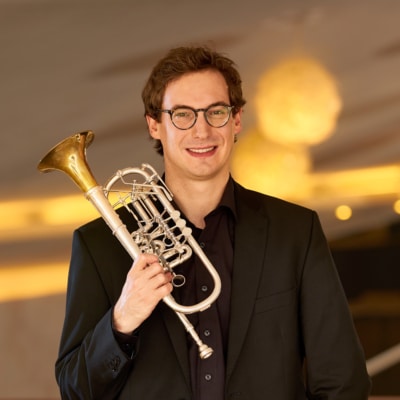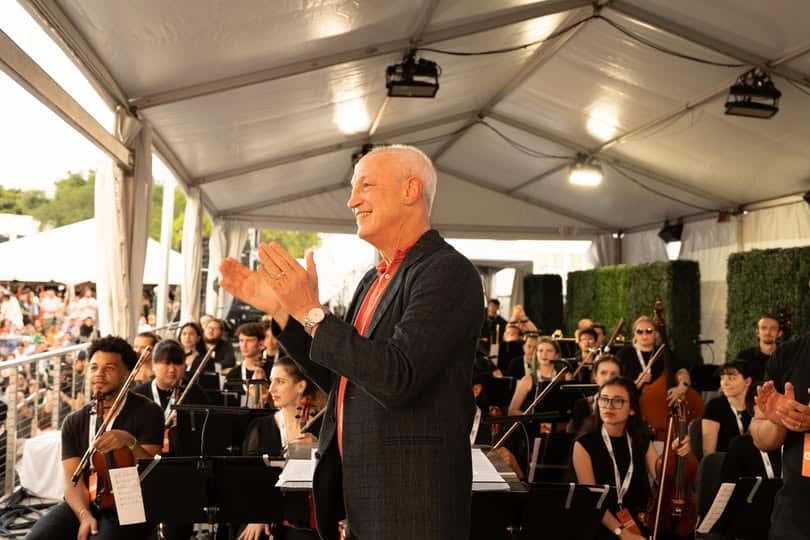Composers kill sopranos (is that a man thing?)
mainThere’s a thoughtful piece on NewMusicBox by Mari Valverde on how composers and conductors, overwhelmingly male expect too much from sopranos, universally female. Sample:
Soprano and composer Victoria Fraser, a friend of mine who makes a living as a choral musician, recently referenced her experience at a summer music festival in Germany. They prepared one movement from a new major work by James MacMillan, commissioned for the following summer, and she said it “killed” the sopranos. To which I responded, “Well, MacMillan is not a soprano.”

I fondly recall singing the popular Scottish composer’s The Gallant Weaver under Simon Carrington as a member of the Texas All-State Choir. It is a sublime example of a work for advanced adult mixed voices requiring vocal flexibility, endurance, and wide ranges. The alto, tenor, and bass parts remain low and the sopranos are high and exposed. In fact, there are three soprano parts, creating a melody that echoes in heterophony with many sustained highs and repeated leaps to A5.
Yes, it makes beautiful music, but it is what I call an “expensive piece.” It is demanding, to say the least. This model for vocal beauty has been popularized, and, much like society’s standards for feminine beauty, it is lofty, grossly impractical, and often, manufactured.
Mari has a point. Read on here.





Comments